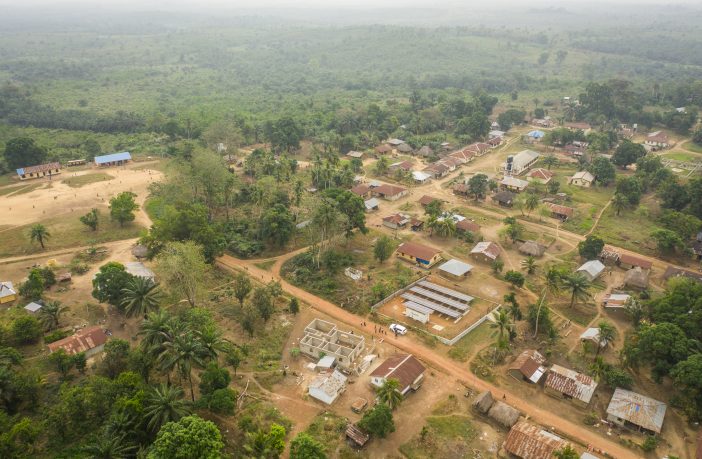- German system integrator Asantys Systems GmbH has started deploying a series of solar mini-grid projects through the ASER300 project in Senegal.
- KfW IPEX-Bank, a subsidiary of Germany’s development bank KfW, has provided a €130 million ($138.8 million) financing package for the project, which will include the deployment of 840 km of low voltage lines, 25,000 poles, and 3,600 LED lights for street lighting.
Asantys System will develop and build the mini-grids with the support of German engineering company Gauff. They will power 24,000 domestic connections, including five sockets and live LEDs in each household. The mini-grids will have a power range of 15 kW to 190 kW and will all include battery storage.
“The Senegalese government, through ASER, is having the necessary infrastructure built in the villages and then handing it over to private operators who are already contractually bound to ensure the operation and maintenance of the handed-over infrastructure,” a Gauff spokesperson told pv magazine. “The tariffs are regulated and laid down in the corresponding operator contracts. But there are regulated tariffs from local utility Senelec that can serve as a guideline.”
In December 2020, Asantys Systems secured an initial contract for 120 villages. By early 2021, it had supplied six pilot villages. As of the end of 2022, Senegal had installed around 263 MW of solar power, according to the International Renewable Energy Agency
Author: Cosmas Mwirigi
This article was originally published in pv magazine and is republished with permission.















